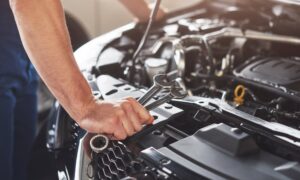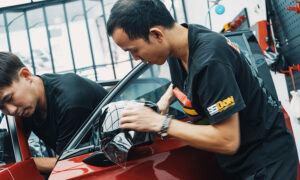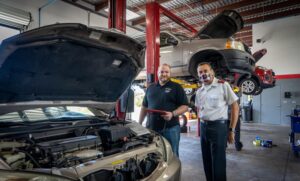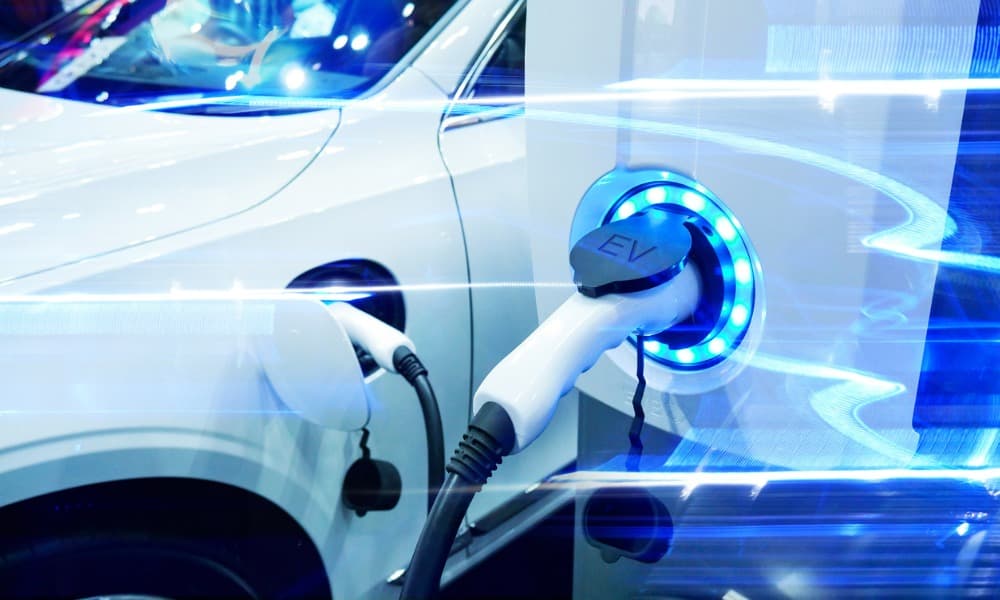
Numerous electrical technologies that are intended to improve comfort, convenience, and safety are standard on the majority of contemporary automobiles. As technology has advanced, many car owners have started installing extra electrical gadgets like GPS units, dash cams, and music systems. Even while these devices have many advantages, overloading your car’s electrical system might have serious repercussions, such as malfunctions and even safety risks.
Understanding the Electrical System
The main parts of an automobile’s electrical system include the battery, alternator, wiring, and other electrically powered parts such sensors, infotainment systems, and headlights. The car is designed to manage a set amount of power, and each component has a unique electrical demand. You run the danger of overtaxing the system when you add external electrical devices. Flickering lights, blown fuses, and, in extreme situations, complete electrical failure are signs of overloading.
Signs of Overloading
Maintaining the functionality of your car requires being aware of the warning indications of an overloaded electrical system. Frequent blown fuses, a weak or dead battery, and dimming headlights when other electrical equipment are in use are common warning signs. Unusual power usage can also be indicated by odd noises originating from the electrical components. More serious problems, such as fried wiring, component damage, or even car fires, may arise if these indications are ignored. As a result, it is crucial to pay close attention to the electrical load your car is carrying. For expert diagnostics and repair, Auto Repair in Lihue, HI, offers reliable solutions to keep your electrical system in top condition.
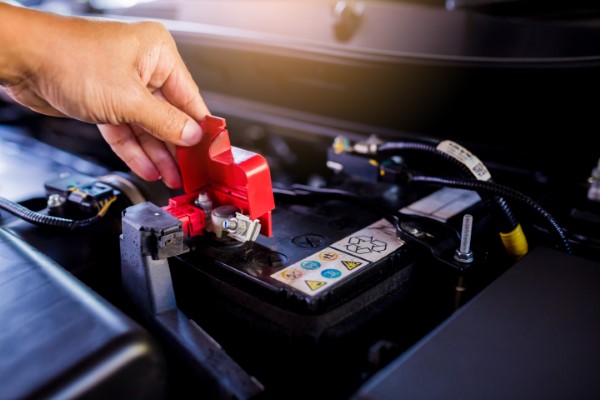
Preventive Actions
You can avoid potential risks and expensive repairs by preventing electrical overloads. Make sure any devices you want to add don’t exceed the electrical capability of your car by first investigating their amperage ratings. If you’re not sure, think about speaking with a knowledgeable auto electrician or mechanic. Additionally, using power distribution blocks can aid in more effective electrical load management and balancing. Upgrade your current parts, such as your alternator or battery, if you use electronics frequently so they can safely handle the added strain.
The Importance of Maintenance
The electrical system in your car needs to be maintained on a regular basis to prevent overload issues. Weak batteries, rusted connections, and worn cables can all be found during routine inspections before they cause issues. The electrical system’s efficiency can be increased by maintaining tight and tidy connections. Furthermore, maintaining your car’s electrical system as it ages guarantees peak performance and increases its overall longevity.
Conclusion
At first glance, overloading your car’s electrical system might not seem like a big deal, but it can have serious consequences. You may protect your car from electrical problems by being aware of its electrical capacity, spotting overload symptoms, taking precautions, and setting maintenance priorities. In addition to improving performance, proactive electrical load management for your vehicle also increases road safety.


